History teaches that war begins when governments believe the price of aggression is cheap
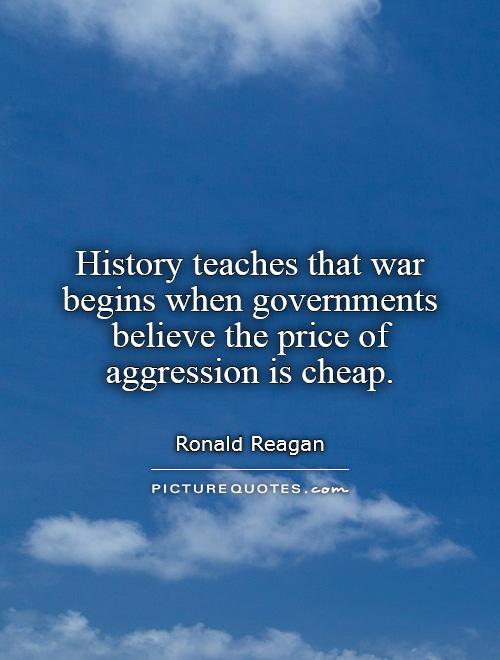
History teaches that war begins when governments believe the price of aggression is cheap
Ronald Reagan, the 40th President of the United States, was known for his strong stance against aggression and his belief in the importance of peace through strength. One of his most famous quotes, “History teaches that war begins when governments believe the price of aggression is cheap,” reflects his understanding of the causes of conflict and the importance of deterring aggression through a strong defense.Reagan’s words are particularly relevant in the context of his presidency, which was marked by the Cold War and the threat of nuclear conflict with the Soviet Union. During his time in office, Reagan pursued a policy of peace through strength, increasing defense spending and modernizing the U.S. military in order to deter aggression from the Soviet Union and other potential adversaries.
Reagan’s belief that the price of aggression must be high in order to prevent war is supported by historical examples. Throughout history, nations have been more likely to resort to war when they believe they can achieve their goals at a relatively low cost. This can be seen in conflicts such as World War II, where the aggressor nations believed they could achieve their objectives through military force without facing significant consequences.
By increasing the cost of aggression through a strong defense and a willingness to use military force if necessary, Reagan sought to prevent conflict and promote peace. His policies were successful in helping to bring about the end of the Cold War and reduce the risk of nuclear conflict between the United States and the Soviet Union.
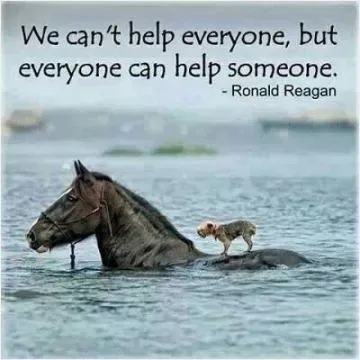


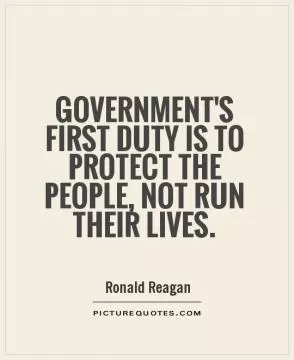
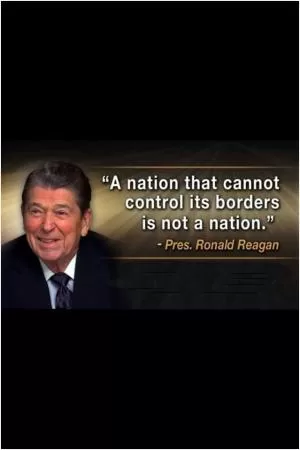
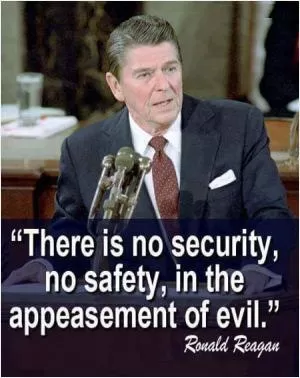
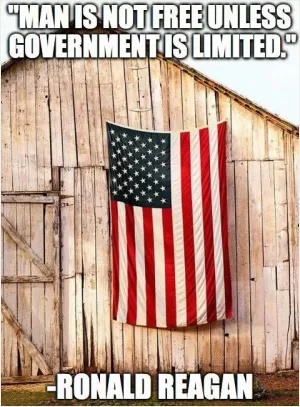
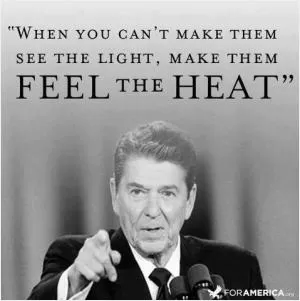
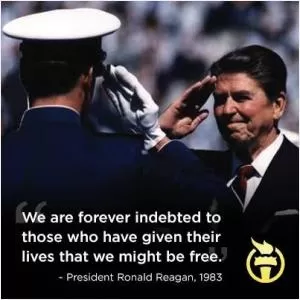
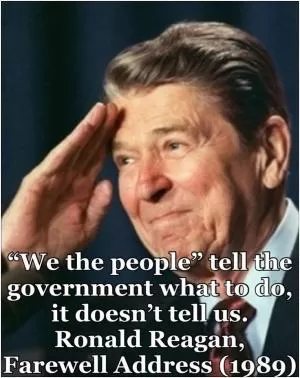

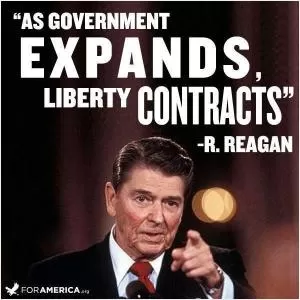
 Friendship Quotes
Friendship Quotes Love Quotes
Love Quotes Life Quotes
Life Quotes Funny Quotes
Funny Quotes Motivational Quotes
Motivational Quotes Inspirational Quotes
Inspirational Quotes